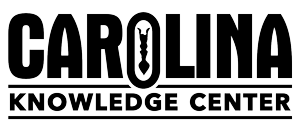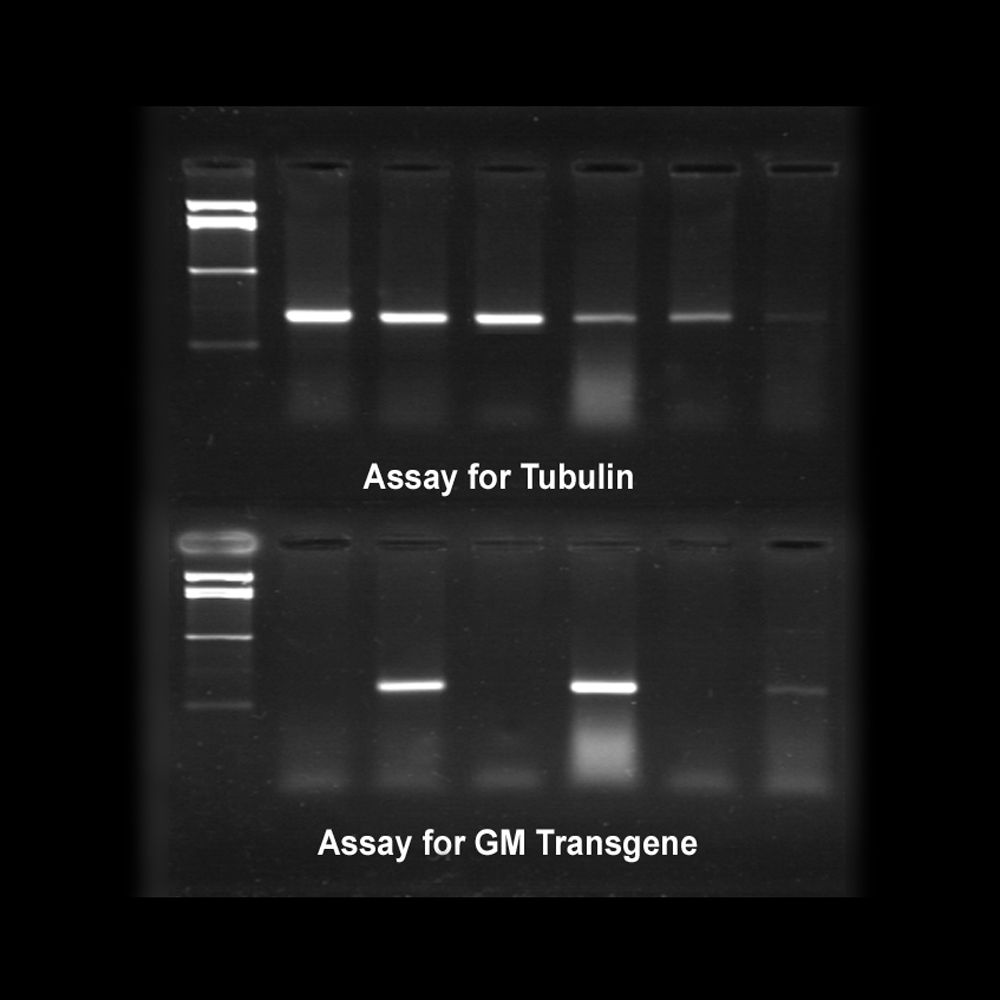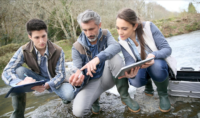Your students worked hard and were well prepared. The test has come and gone, and there’s still time left on the school calendar. So, what happens now?
You have a variety of options—including extending your curriculum, research projects, career exploration, service learning projects, and college preparation projects, to name a few.
Ideas for Promoting Learning and Thinking Skills
As science teachers, we can promote learning skills and critical thinking. Now is a great time to work on technical writing skills. Extended, multifaceted projects provide students with the opportunity to allot and manage time and be active learners.
Below are ideas from talented teachers on how to engage students in a way that develops their learning and thinking skills while still giving them room to be creative. The ideas share themes of enrichment, exploration, and elaboration.
- Have a weekly science book club meeting in class. There are great course-specific bibliographies online. Work on content synthesis, writing, verbal expression, and vocabulary.
- Use a course Big Idea or topic to write and illustrate a children’s book, and then share the book with local elementary students. Work on time management, simplifying content, and writing.
- Use a course Big Idea or topic to make a video or podcast, then share it with local elementary students, middle school students, or the community. Work on time management, simplifying content, and writing.
- Prepare a public service announcement (PSA) for the school or community relevant to course topics. Work on time management, simplifying content, and writing.
- Complete community or school service learning projects, such as water quality testing for adjoining neighborhoods, and then present a summative report. Work on time management, organizational skills, data analysis, and technical writing.
- Tag and label trees and shrubs for a nature walk. Map the walk. Work on spatial thinking skills.
- Improve school grounds. Work on time management, planning skills, spatial thinking.
- Construct or maintain a school/community garden for flowers or food. Work on time management and organizational skills.
- Investigate a science-related career of interest, determine what college major and courses are needed, and shadow a person on the job. Work on critical thinking, time management, organizational skills, and note-taking skills.
- Take a favorite lesson and make improvements. Take a least favorite lesson and make improvements. Work on critical thinking, organizational skills, note-taking skills, and scientific thinking.
- Write an advice column for next year’s AP students addressing necessary study skills, prerequisites, content, lab skills, etc. Work on critical thinking, time management, organizational skills, and writing skills.
Extend Your Curriculum
Explore and engage students with hands-on experiences that encourage them to think critically and scientifically, apply data analysis, and employ technical writing skills. These kits can extend your curriculum while encouraging students to think and explore. Below are topic areas with recommended kits to get you started.
Biotechnology
eDNA: Sampling Soil for Antibiotic Resistance
Engage your students in the growing field of eDNA by challenging them to participate in ongoing research to monitor the prevalence of antibiotic-resistant bacteria in soil.
Exploring the CRISPR-Cas Defense System
Over the course of this 5-day lab, students conduct experiments and analyze data to understand the relationship between a phage called Andhra and its staphylococcus host and answer the driving question: How can we use evidence to model phage-host interactions and therefore explain the impact of a CRISPR-Cas system on bacterial survival?
Detecting Genetically Modified Food by PCR
This activity investigates whether the soy or corn ingredients in various processed foods contain a genetic modification.
Dissections
Comparative Vertebrate Anatomy Kit
This kit offers students a dissection experience in which they explore the anatomy and physiology of 4 vertebrates.
Shark Dissection BioKit®
Students working in pairs study the external anatomy of the dogfish shark, a cartilaginous fish, and explore its internal organs and organ systems through guided dissection.
Forensics
Exploring Electrophoresis and Forensics Kit
This technically simple experiment simulates the use of DNA in forensic investigations.
Carolina Forensic Dissection Kit
Students conduct a forensic pig dissection by modeling the protocols used by a pathologist for a human autopsy.
Who Owns These Bones? Kit
Students become forensic detectives in a local missing persons case.
Flowers for Freddy Forensics Kit
With Carolina’s Flowers for Freddy Forensics Kit, students acquire and use botanical knowledge and skills to solve a crime.
Caught by a Kiss, Forensics for the Biology Lab Kit
Students act as crime scene technicians to figure out which pieces of evidence from multiple crime scenes contain potentially useful DNA information.
Carolina Beyond the Tape®: Lake Carson Crisis
Students assume the role of environmental forensic scientists to solve a fictional crime, an algal bloom breakout, by integrating core concepts in biology, chemistry, and physics.
Environmental Chemistry
Carolina ChemKits®: Production of Biodiesel Kit
This kit addresses a timely topic, biodiesel, while practicing timeless laboratory techniques, such as titration.
Organic Chemistry
Inquiries in Science®: Introducing Organic Chemistry Kit
Students explore the chemistry of carbon using a variety of modeling methods.









![skull [with 3 removable teeth], arm bone, and leg bone](https://knowledge.carolina.com/wp-content/uploads/2022/06/246732.jpg)







